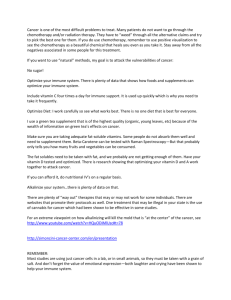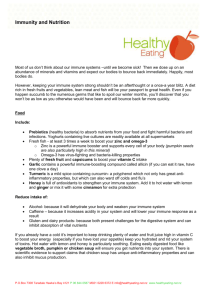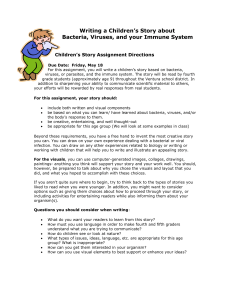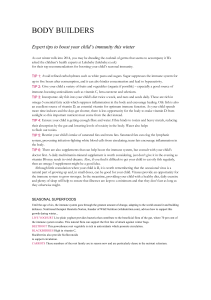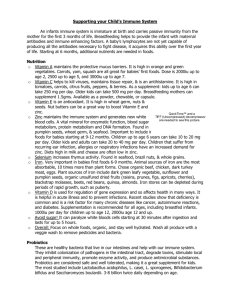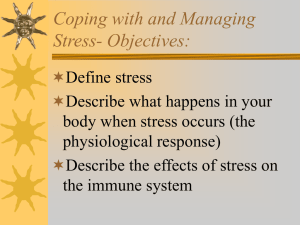February 2015: Tips For Keeping Kids Healthy During the Winter
advertisement
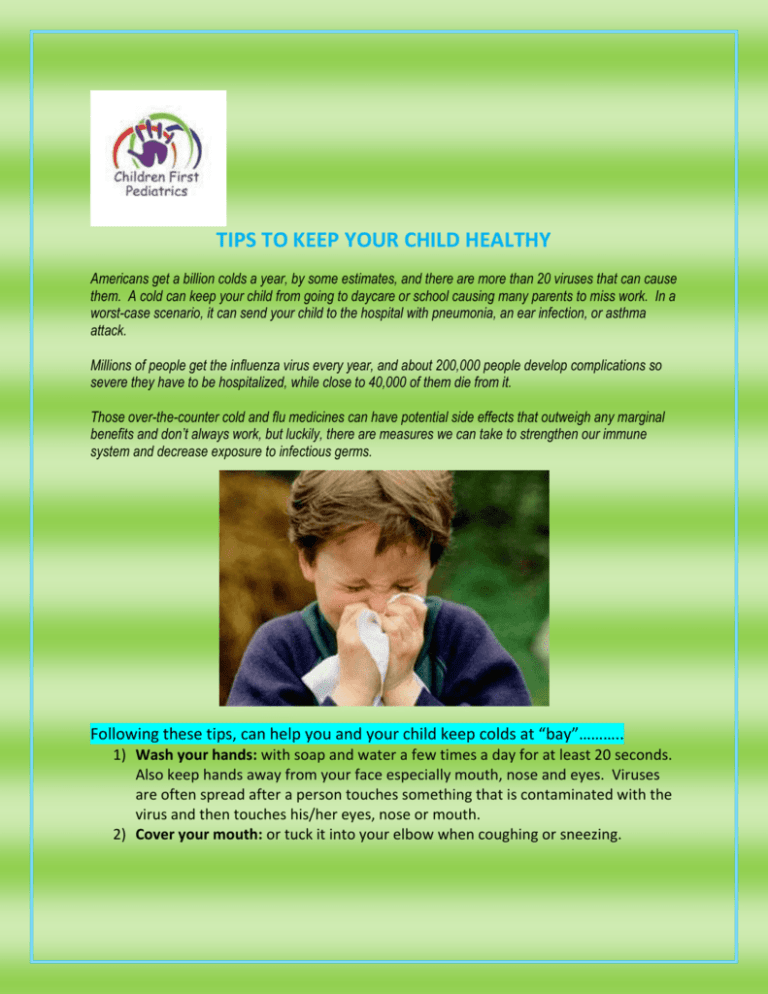
TIPS TO KEEP YOUR CHILD HEALTHY Americans get a billion colds a year, by some estimates, and there are more than 20 viruses that can cause them. A cold can keep your child from going to daycare or school causing many parents to miss work. In a worst-case scenario, it can send your child to the hospital with pneumonia, an ear infection, or asthma attack. Millions of people get the influenza virus every year, and about 200,000 people develop complications so severe they have to be hospitalized, while close to 40,000 of them die from it. Those over-the-counter cold and flu medicines can have potential side effects that outweigh any marginal benefits and don’t always work, but luckily, there are measures we can take to strengthen our immune system and decrease exposure to infectious germs. Following these tips, can help you and your child keep colds at “bay”……….. 1) Wash your hands: with soap and water a few times a day for at least 20 seconds. Also keep hands away from your face especially mouth, nose and eyes. Viruses are often spread after a person touches something that is contaminated with the virus and then touches his/her eyes, nose or mouth. 2) Cover your mouth: or tuck it into your elbow when coughing or sneezing. 3) Stay home: if you have a respiratory infection when possible. A general rule is to stay home 24 hours after a fever resolves without taking medication such as Acetaminophen or Ibuprofen. 4) Stay hydrated: Drink enough water to pass clear urine approximately every 4 hours. It is well known that dehydration suppresses the immune system and can make it harder for your body to recover quicker from a cold. Also, good hydration can keep respiratory secretions from getting thick and improves breathing. 5) Vitamin D: also known as the sunshine vitamin, helps regulate the immune system. Multiple studies have found an association between low levels of this vitamin and an increased risk of bronchitis and other respiratory infections. The Academy of Pediatrics (AAP) and the Institute of Medicine recommends a daily intake of 400 iu per day of Vitamin D during the first year of life beginning in the first month and 600 iu for everyone over that age. 6) Make sleep a priority: The key here is consistent sleep habit to feel rested in the morning. A 2009 study published in the Archives of Internal Medicine Journal, found that adults who sleep less than seven hours a night were three times more likely than those who snoozed eight or more hours a night to get a cold. This was proven when researchers dripped cold virus- containing drops into their noses. Children younger than 12 years need 10+ hours of sleep. Proper sleep hygiene is very important to maintain for optimal immune function especially since fatigue increases cortisol (a stress hormone) that can suppress the immune function in the body. 7) Reduce stress: this is a hard one!! Engaging in a pleasurable activity such as playing with a pet, positive thinking, exercise, meditation, and other behaviors seems to boost the immune system. Even smiling can boost immunity. 8) Get the flu shot: this is helpful even though it is not 100% guaranteed that you will stay healthy. Every year researchers pick the viruses to be included in the vaccine months in advance. If they choose correctly, you are less likely to get ill. Since 2012, the AAP has recommended the influenza vaccine for all individuals 6 months of age and older, including all children, adolescents, and young adults. 9) Eat more plant based foods: If you are not already doing so, now is the time to be certain you are getting plenty and a variety of fruits, vegetables, whole grains, and beans. These foods are rich in antioxidants such as Vitamin C (the most known one) that help fight damaging particles known as free radicals. Research has shown that foods like green leafy vegetables, berries, onions, mushrooms, seeds and nuts are rich in phytochemicals that boost the immune function.

